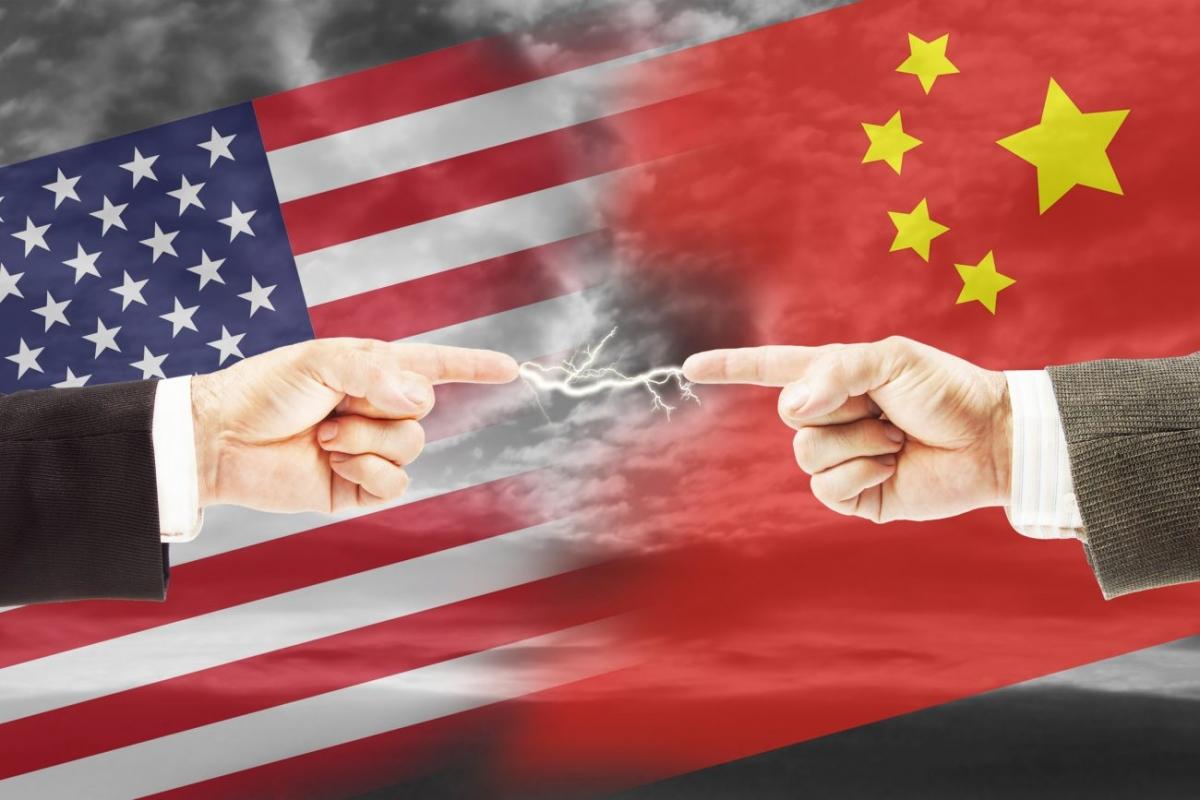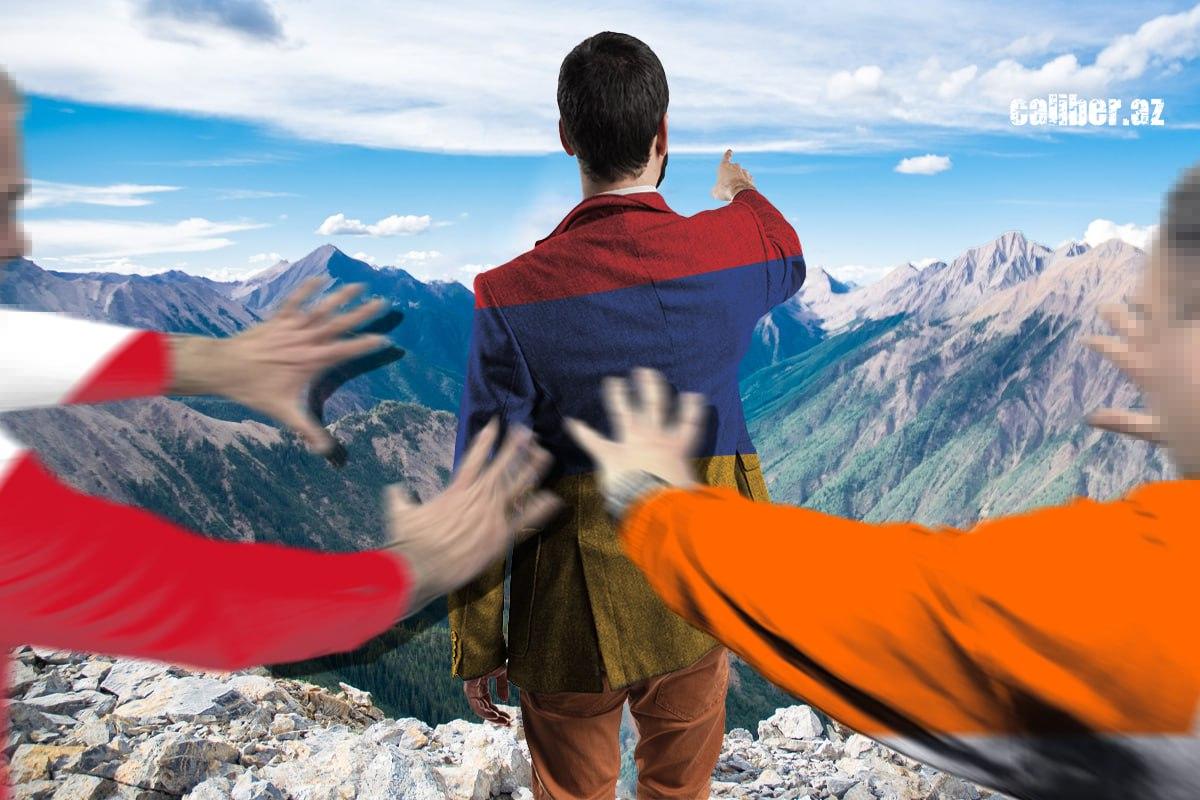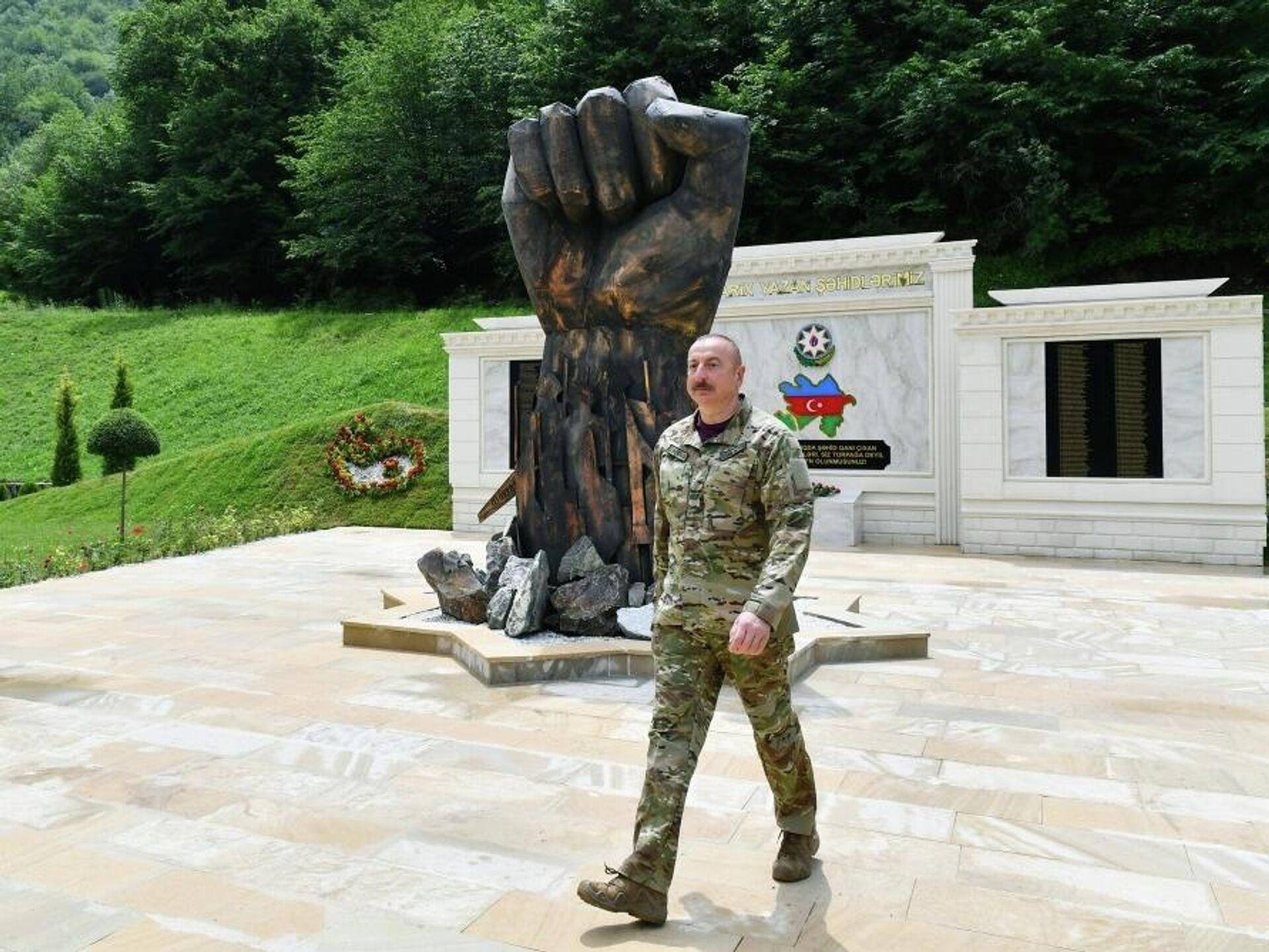Azerbaijan is like an island of stability Amidst global turmoil
The events taking place in the world are global and irreversible. The post-Cold War system of international security, which was based on US global hegemony, is cracking at the seams. China and Russia are trying to challenge the status of the United States as the sole superpower. America, for its part, is trying to prove that its leadership is too early to be discounted.
Europe, fearful of being abandoned by the States on the one hand and seeing a chance to assert itself as a sovereign centre of power on the other, is also playing a complex game. Countries such as India, Iran, Brazil and Türkiye are also trying to raise their international profile.
The confrontation in Ukraine and the Middle East has become a dividing line between two conventional centres of power - the collective West and the Global South. Analysts warn that another, perhaps the main hot spot - Taiwan and the South China Sea - may appear on the map, where the two modern giants of the United States and China, which in many ways shape the contours of all current conflicts, will clash directly.

In fact, the Third World War has begun. And although we see tension in other parts of the world, for example, in Africa, we can still state that, as before, and in full accordance with the insights of geopolitical theorists, the war is mainly taking place again in the expanses of Eurasia and for hegemony on this continent. Not surprisingly, these cataclysms involve our country's two major neighbours, Russia and Iran, one directly through conflict with Ukraine, the other so far through proxy forces in the Middle East, although Tel Aviv's recent attack on the Iranian consulate in Damascus and the subsequent Iranian drone and missile strike on Israel seem to draw that regional power into direct conflict with the Jewish state.
Against the backdrop of these conflicts, it would be really strange if someone did not want to throw the South Caucasus into the crucible of war. There are many reasons for this - the region's strategic location on global transport routes, its natural wealth, and its proximity to players with growing geopolitical ambitions - Russia, Iran and Türkiye.
We are witnessing how third forces do not give up their attempts to drag Azerbaijan into the conflict by the hands of Armenia. Unfortunately, this country is being used as a tool for destabilising the region. Taking advantage of the sense of resentment reigning in the Armenian elites, Western countries involve this state in the sphere of their military and political influence. The introduction of the so-called civilian, but in reality intelligence mission of the EU in Armenia, which is constantly increasing the number of members and, contrary to its name, already includes a representative of Canada. This fact already turns the EU mission into a NATO mission in the most transparent way. The leading role in the militarisation of Armenia is played by the stronghold of Turkophobia and Islamophobia in the world - Macron's France, which supervises arms supplies to Armenia. Another and perhaps the most obvious demonstration of the West's policy of infiltration into the South Caucasus was the EU-Armenia-US meeting held in Brussels on April 5 this year, where the further militarisation of the "country of stones" was discussed behind closed doors.

It should be noted that these negotiations were strongly opposed by the majority of countries in our region. Azerbaijan had given a categorically sharp reaction to this meeting even before it took place. "Against the background of revanchist sentiments in Armenia, such an open pro-Armenian position of Washington and Brussels may create a dangerous illusion in this country that the EU and the US will support Armenia in Armenia's repeated possible provocations against Azerbaijan. In this case, the EU and the US will share responsibility for any destabilising actions of Armenia," the Azerbaijani Foreign Ministry said in a statement.
And President Ilham Aliyev said in a conversation with US Secretary of State Antony Blinken that the non-transparent preparation of the US-European Union-Armenia trilateral meeting scheduled for 5 April, its non-exclusive nature and the fact that it was not postponed despite Azerbaijan's fair comments will not lead to peace and cooperation in the South Caucasus, but to the emergence of dividing lines and eventually tension.
In a statement, the Foreign Ministry of brotherly Türkiye also stressed that "the trilateral meeting planned for April 5 in Brussels contradicts the principle of neutrality, which should be taken as a basis for the settlement of regional disputes."
In her comments on the Brussels meeting, Russian Foreign Ministry spokeswoman Maria Zakharova said, among other things: "We are not talking about mediation, we are talking, first, about attempts to destabilise the situation and, second, about returning the situation to the worst periods of the region's history.
Iran has so far remained silent, although this situation, i.e., the introduction of the West into the region, hits Iran as well.
However, aiming at the long-term militarisation of Armenia, third parties do not abandon their attempts to throw the region into the furnace of a world war here and now. This explains the incessant provocations of the Armenian Armed Forces against Azerbaijan on the conventional border. Our country manages to suppress these provocations through a combination of political and targeted military measures. Azerbaijan has achieved its main goal of liberating the occupied territories and fully restoring its territorial integrity and sovereignty.
However, one can easily imagine how difficult it would have been to maintain composure if we had failed to achieve these goals before the world conflagration broke out, if Yerevan's provocations had been carried out on the former line of contact with the occupying Armenian army in Karabakh. Baku cut the main problem knot in time, "Iron Fist" put the main lever of conflict management of the region out of action, thus creating favourable conditions for sustainable development of the entire South Caucasus. The resolution of the Karabakh problem further strengthened Azerbaijan's security.

Thus, Azerbaijan is a steady ship sailing in the midst of the storm. President Ilham Aliyev in his address to the Azerbaijani people on 10 May 2023 on the occasion of the 100th anniversary of national leader Heydar Aliyev said: "Now there are wars, clashes, confrontations everywhere in the world, we see it every day. Azerbaijan is an island of stability, an island of security. This is also a great asset, and the Azerbaijani people know it well, as we experienced difficult days in the first years of independence".
Having noted this important factor, I would also like to point out another significant nuance. The value of Azerbaijan is not only in its status, but also in the lesson it has given to the world, especially to young states trying to consolidate their statehood. It is our country that is the right example to follow in everything that concerns the correct positioning of itself in the world, establishing ties, using them in its favour, in the optimal balance of using political, diplomatic and military methods, in a word, a high level of strategy.








